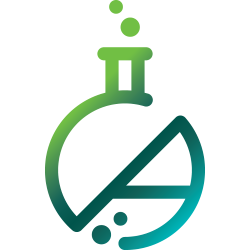Some new research caught recently our attention because it reinforces and expands on a concept that we introduced about 6 months ago in our episode on the Law of Subtraction. When we recorded that, we weren’t aware that our so-called “law of subtraction” had been studied by University of Virginia professor Leidy Klotz. In this episode, we explore some of that research and how we can use this insight to create better solutions to our challenges.
Take-aways
- Our human bias is to add more solutions, whether or not that is the best approach.
- Removing items (physical or behavioral) from our life, home, office, or school can make solving a problem more effective and more economical.
- Adding yet another element can not only over complicate what we are already doing but it also may block it or its effects.
- Sometimes doing nothing at all is the most productive thing we can do.
Lab Experiment
What could you subtract from your productivity routines or strategies that might actually make you more productive?
What could you cut from your morning routine? Or your workout? Your household chores?
Where in your life are you paying for three more legos when you could remove a lego for free?
If you want to go deep into the Law of Subtraction, you might enjoy picking up (or borrowing) a copy of Dr. Klotz’s book Subtract: The Untapped Science of Less.
Research mentioned:
Adams, G.S., Converse, B.A., Hales, A.H. et al. People systematically overlook subtractive changes. Nature 592, 258–261 (2021). https://doi.org/10.1038/s41586-021-03380-y
Baird, B., Smallwood, J., Mrazek, M. D., Kam, J. W. Y., Franklin, M. S., & Schooler, J. W. (2012). Inspired by Distraction: Mind Wandering Facilitates Creative Incubation. Psychological Science, 23(10), 1117–1122. https://doi.org/10.1177/0956797612446024.
Preiss, D., Cosmelli, D., Grau, V., Ortiz, D. (2016) Examining the influence of mind wandering and metacognition on creativity in university and vocational students, Learning and Individual Differences, 51, 417-426. https://doi.org/10.1016/j.lindif.2016.07.010.
